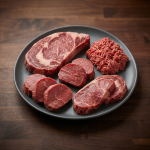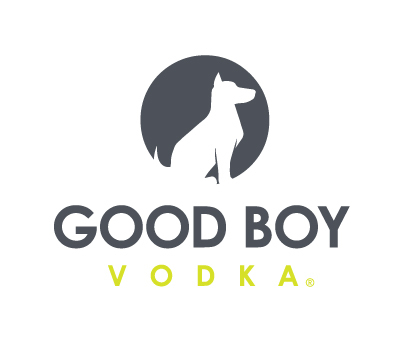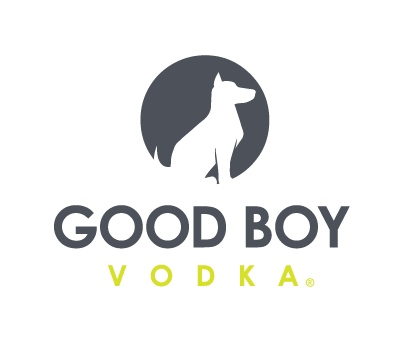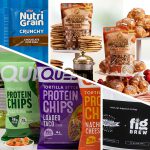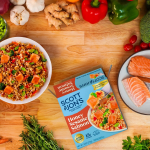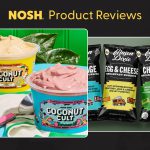Hippeas Creator Turns from Puffs to Personalization with Buddy Nutrition Launch
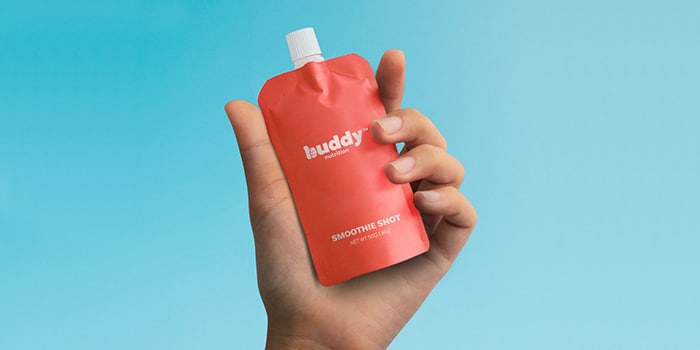
Obegi and Bisterzo each started working on personalized food and personalized supplement concepts, respectively, several years ago. After realizing there were synergies between the two concepts, Bisterzo and Obegi decided to unite and created Buddy Nutrition — a personalized nutrition company that would deliver supplements via food.
“We live in an era where consumers can demand whatever they want and someone will make it for them. Weirdly that hasn’t happened in food,” Obegi told NOSH. “The supplement industry was invented 80 years ago by GNC and it’s largely unchanged since then. It’s a bottle of premade pills that are formulated for the average person and then some uneducated person or lightly educated person says you should buy them.”
While Obegi runs the business as president, Bisterzo remains the CEO of the brand’s holding company, Green Park Brands. Backing the company is Forerunner Ventures and Strand Equity, along with a slate of family offices and angel investors. In total the company has raised $1.7 million, with a convertible note open now.
The brand’s first product, a direct-to-consumer 1.8 oz smoothie shot, has been in beta testing, but officially launched nationwide last week. A customized 30 day supply retails for $79.95. Protein powder, the next offering, will launch in the upcoming weeks, with bars and snacks planned for later.
The brand is unique, Obegi said, because it offers consumers a way to replace a handful of pills with a single snack. Other brands offer personalized vitamin regimens, but they simply repackage traditional pills.
“They’re solving the front end problem of ‘what should I take,’” Obegi said, “but they are still forcing everyone into a standard product.”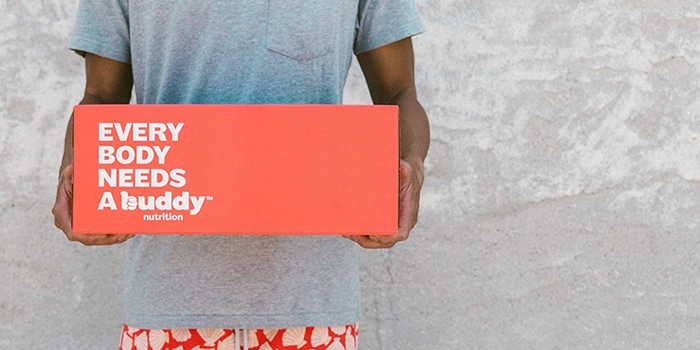
The boosts typically are in areas such as energy, mood and sleep where consumers can see immediate results, rather then supplements that prevent diseases (such as heart disease and vision degeneration) that may only occur years in the future.
“We’re focusing on areas where supplementation has a clear impact,” Obegi said. “Not areas where you just have to trust us and over the course of the next 50 years you’ll be healthier. You should be able to see a noticeable difference in the quality of your life in days not years.”
The personalization relies on two technological factors: sophisticated co-packers and increasingly sophisticated online interfaces.
Currently the company uses two copackers in California and North Carolina to automate the production process. Although production is costly, Buddy Nutrition’s products are being sold for a profit — until you factor in the cost of customer acquisition, Obegi said. But both production and acquisition costs should improve over time, he added.
For consumers though, the goal is to have the process of selecting your shot be simple — like you were talking to a “buddy.” For now the brand is using software from Landbot that leads users through a decision tree, asking questions such as “what are your health priorities for the next month?” and “what does your current stress level look like?” in a conversational format.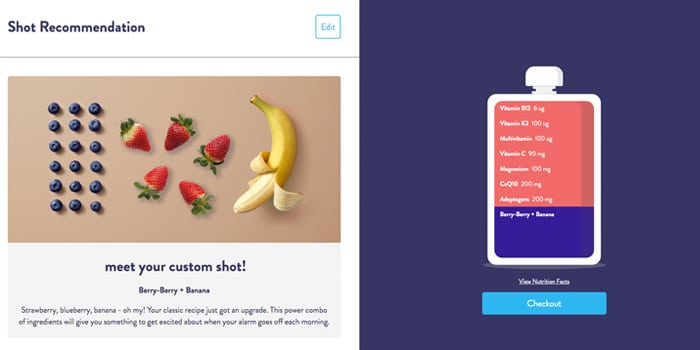
“Once we get to a critical mass, we can then start mining our data on the backend for efficacy in certain subpopulations and then use that data to start asking more meaningingful questions on the front end to start pushing people to more effective formulas quicker,” Obegi said.
The company may also explore integrating with third party software. For example, MyFitness Pal may show where consumers are lacking in nutrition or RunKeeper may show someone who needs more support for workouts.
Ultimately, the company also wants to launch products into retail — providing stores products that it knows consumers in the area will want, via direct store delivery. These products will not be customized, but rather offer boosts to a consumer’s daily Buddy routine, such a “sleep” chocolate before bed or a digestion gummy for when you have to travel. Because these are more standardized products, Obegi said, there’s a wider range of manufacturing opportunities as well.
“There’s a synergy where we are pushing customers into retail and then retail is pushing them back out to us,” Obegi added. “But we both benefit by having different SKUs in different channels.”



